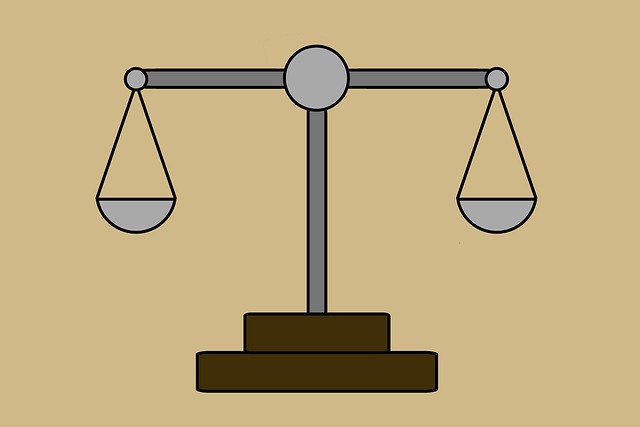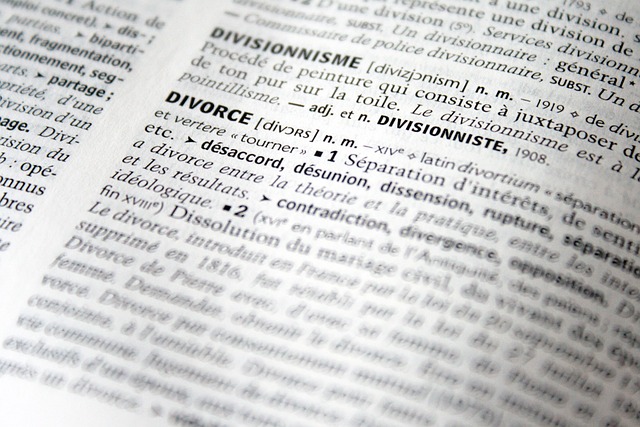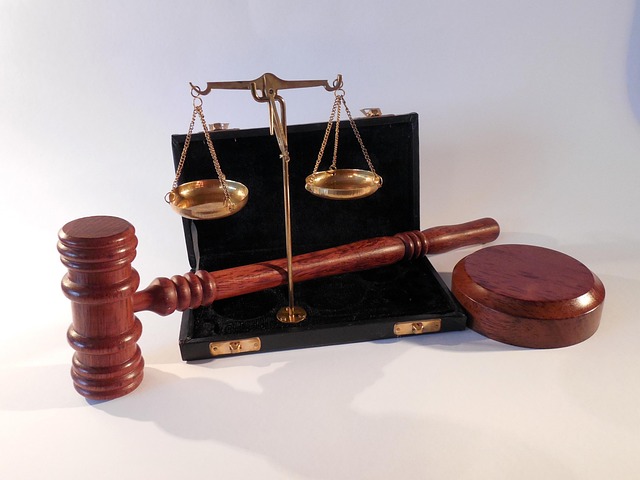Consumer protection laws are a double-edged sword, balancing consumer safety with business accountability. Non-compliance invites legal challenges, especially in environmental compliance, with severe consequences like fines, reputational damage, and even closures. Businesses must implement robust strategies, including staying updated on regulations, internal controls, sustainability, strategic measures to manage lawsuits, proactive risk management, and collaboration with entities that prioritize environmental stewardship to face these Environmental Compliance Legal Challenges for Businesses. Proactive embrace of environmental compliance enhances defenses against potential legal issues and boosts corporate reputation among stakeholders.
Consumer protection suits are a critical aspect of safeguarding the rights of individuals in an ever-evolving marketplace. This comprehensive guide delves into the intricate world of consumer protection laws, focusing on key areas such as environmental compliance and its legal implications for businesses. We explore common challenges arising from non-compliance and offer strategic insights to help organizations mitigate risks effectively. Additionally, we present compelling case studies showcasing successful defenses and positive outcomes, providing valuable lessons for navigating these complex legal landscapes.
- Understanding Consumer Protection Laws
- Environmental Compliance: A Business Perspective
- Legal Challenges Arising from Non-Compliance
- Strategies for Businesses to Navigate Risks
- Case Studies: Successful Defense and Outcomes
Understanding Consumer Protection Laws

Consumer protection laws are designed to safeguard individuals from unfair practices and ensure businesses operate responsibly. These regulations cover a wide range of issues, including product safety, advertising integrity, and data privacy. Understanding these laws is crucial for both consumers and businesses alike. Consumer protection suits often arise when a respective business fails to comply with these standards, leading to legal challenges that can have significant implications.
Environmental compliance is another critical aspect often addressed under consumer protection legislation. Businesses across the country must adhere to regulations aimed at minimizing their environmental impact. Non-compliance not only invites legal action but also damages a company’s reputation. Moreover, white-collar defense strategies play a pivotal role in addressing these challenges, as businesses seek to navigate complex regulatory landscapes and protect themselves from potential lawsuits.
Environmental Compliance: A Business Perspective

In today’s world, environmental compliance is no longer a mere regulatory requirement but a critical aspect of business strategy. Companies must navigate intricate legal challenges to ensure their operations adhere to strict environmental standards, thereby protecting both the planet and their reputation. The onus falls heavily on businesses to stay abreast of evolving regulations, implement robust internal controls, and foster a culture of sustainability—a task that demands significant time, resources, and expertise.
While many organizations rise to this challenge successfully, achieving extraordinary results in environmental compliance cases, including winning challenging defense verdicts for his clients, is a testament to their commitment and prowess. This involves meticulously documenting procedures, conducting thorough risk assessments, and proactively addressing potential breaches. Ultimately, businesses that prioritize environmental stewardship not only mitigate legal risks but also position themselves as responsible corporate citizens, fostering trust with consumers and stakeholders alike.
Legal Challenges Arising from Non-Compliance

When businesses fail to adhere to environmental regulations, they face a myriad of legal challenges, which can significantly impact their operations and financial stability. These suits, often brought by consumer protection agencies or environmental advocacy groups, aim to hold companies accountable for their actions and ensure compliance with established laws designed to safeguard public health and the ecosystem.
Non-compliance may lead to substantial fines and penalties, damaging a company’s reputation. Moreover, it can trigger complex legal battles, where businesses must navigate intricate regulatory frameworks. In extreme cases, non-compliance might result in permanent closures or even criminal charges. However, companies with a strong track record of environmental stewardship, demonstrating their commitment to sustainability through actions, can foster trust among the philanthropic and political communities, potentially leading to more favorable outcomes and achieving extraordinary results in resolving legal challenges.
Strategies for Businesses to Navigate Risks

To navigate the complex landscape of consumer protection suits, businesses must adopt robust strategies that encompass environmental compliance and address legal challenges head-on. Staying ahead of regulatory changes and ensuring adherence to stringent environmental standards is paramount. This involves implementing comprehensive training programs for employees, establishing transparent communication channels with stakeholders, and fostering a culture of ethical business practices. By proactively engaging in these measures, companies can mitigate risks associated with non-compliance, which may lead to severe legal repercussions and damage their reputation.
Moreover, businesses should prepare for potential litigation by developing robust risk management plans. This includes conducting thorough due diligence, gathering relevant data, and employing expert witnesses to bolster their defense. A strategic approach that combines legal expertise with a commitment to environmental stewardship can significantly enhance a company’s chances of winning challenging defense verdicts. Engaging with the philanthropic and political communities can also offer valuable insights and support, demonstrating a dedication to responsible corporate conduct that benefits both corporate and individual clients alike.
Case Studies: Successful Defense and Outcomes

In the realm of consumer protection suits, successful defenses often hinge on a respective business’s proactive approach to environmental compliance legal challenges. Case studies demonstrate that companies prioritizing sustainability and ethical practices can fortify their positions against potential litigation. For instance, a manufacturing giant, through meticulous environmental audits and implementation of green initiatives, successfully defended itself against allegations of toxic waste disposal, ultimately preserving its reputation and financial stability.
These victories extend beyond monetary savings; they bolster a company’s image in the philanthropic and political communities. Moreover, effective environmental compliance strategies act as a shield against broader legal issues. A retail chain that embraced eco-friendly packaging and responsible sourcing practices not only met regulatory requirements but also avoided consumer backlash, showcasing how proactive measures can mitigate potential risks and foster trust among all stakeholders, including general criminal defense attorneys who emphasize the company’s commitment to ethical operations.
Consumer protection suits are a critical aspect of ensuring fair business practices, and understanding both consumer rights and environmental compliance is essential for businesses to navigate these legal challenges. By adhering to stringent regulations and implementing robust strategies, companies can successfully defend against potential lawsuits while fostering trust with their customers. Environmental compliance, in particular, requires proactive measures to mitigate risks, as it directly impacts not only regulatory avoidance but also a business’s public image. This article has explored various perspectives, from the intricacies of consumer protection laws to real-world case studies, offering valuable insights for businesses seeking to thrive in an ever-watchful market.






